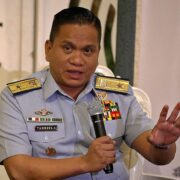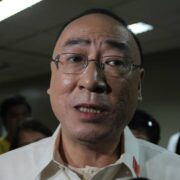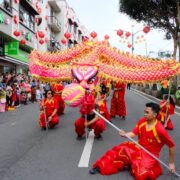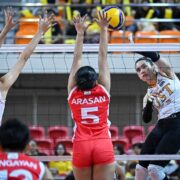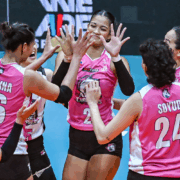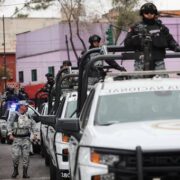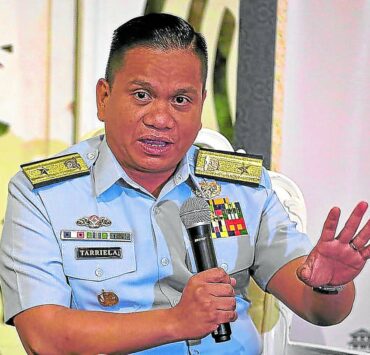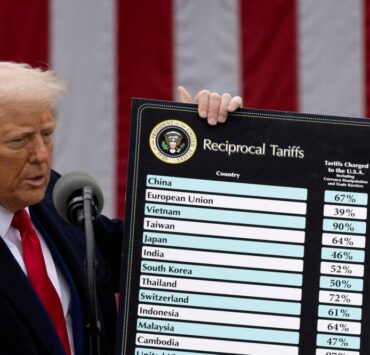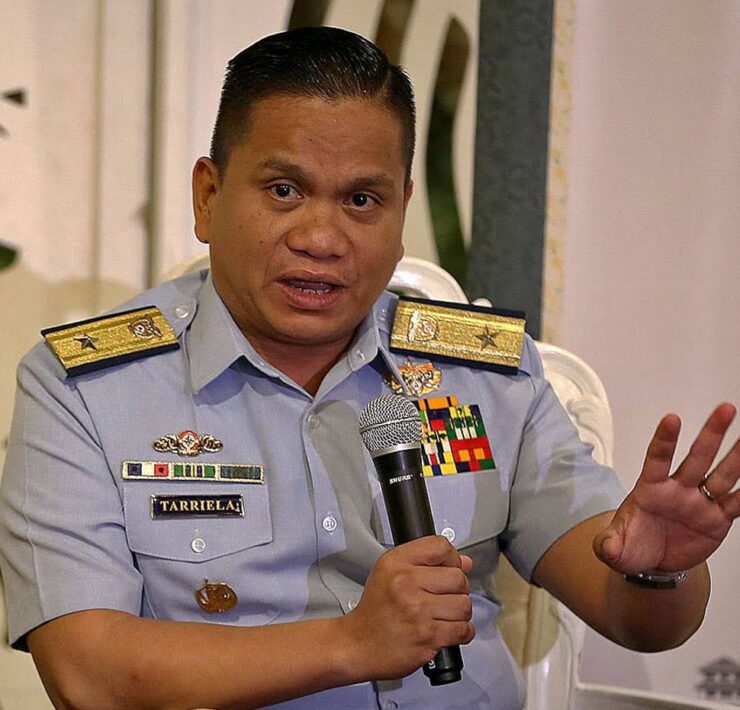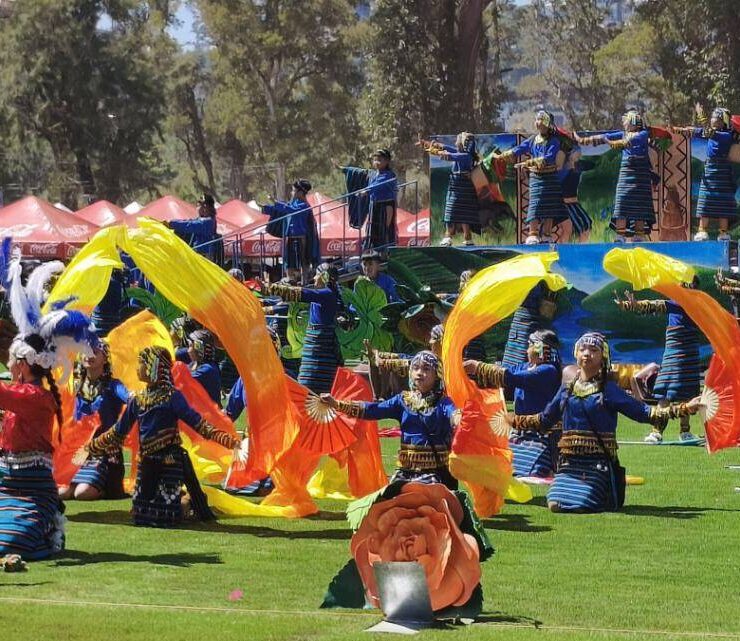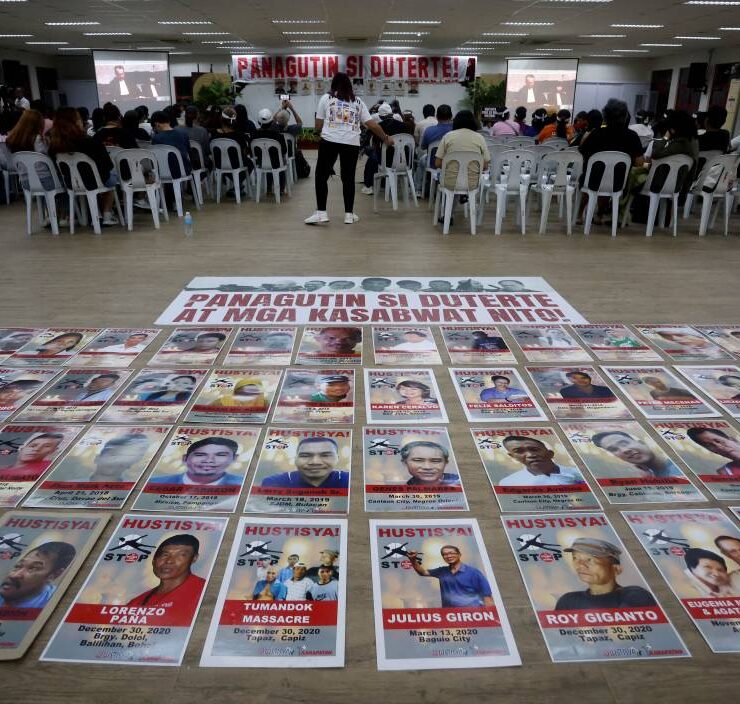Du30 lawyer’s proposal hit: ‘Ignorant’ of victims’ plight
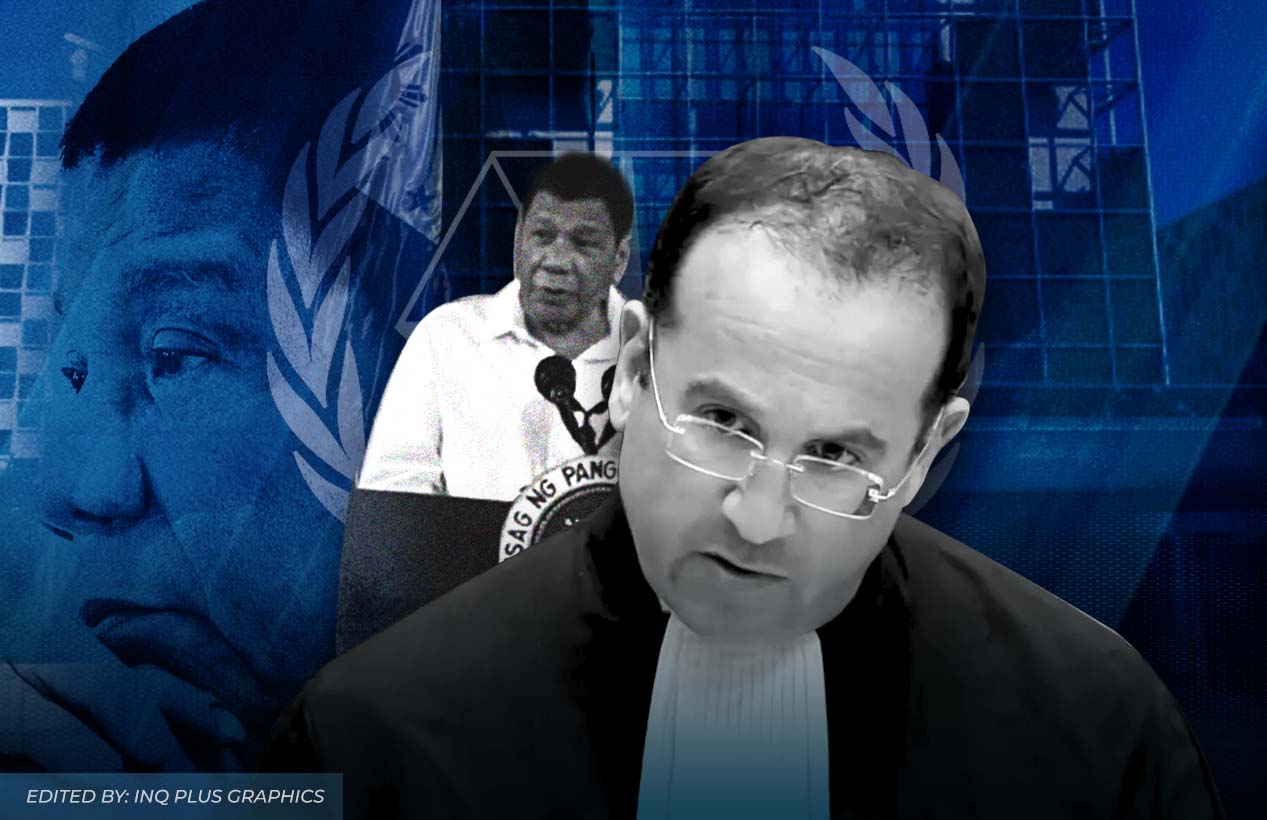
- A “grave injustice twice over,” said ICC-accredited lawyer (and Inquirer columnist) Joel Butuyan of the move by Duterte’s defense to bar drug war victims from appearing in the trial if they lack ID papers.
- Butuyan was reacting to the defense team’s April 7 filing where lead counsel Nicholas Kaufman urged the PTC to limit the valid IDs allowed to be presented to the court to only either the national ID or passport. This, Kaufman claimed, would “streamline proceedings” and adopt a “more stringent approach.”
- Human rights lawyer Kristina Conti earlier said the defense’s insistence on the use of national IDs was unrealistic, considering that the issuance of the cards is plagued with consistent issues of delay, while their suggestion to produce passports is antipoor, “as only the socially mobile have the luxury to avail [themselves] of cross-country travel.”
Depriving drug war victims of their right to participate in the case against former President Rodrigo Duterte merely due to their lack of identification documents is a “grave injustice twice over,” a human rights lawyer recognized by the International Criminal Court (ICC) said on Wednesday.
CenterLaw president Joel Butuyan criticized the proposed restrictions by Duterte’s defense team on the type of IDs that should be accepted by the Pre-Trial Chamber (PTC) I to verify the identity of the victims, saying these “come from someone who is totally ignorant” of the kind of people who were killed in the bloody war on drugs.
Duterte is currently detained in The Hague, the Netherlands, as he awaits trial at the ICC for the charge of murder as a crime against humanity for being a coperpetrator in the “systematic and widespread” killings of thousands of drug suspects during his so-called war on drugs.
Butuyan, also an Inquirer columnist, was reacting to the defense team’s April 7 filing where lead counsel Nicholas Kaufman urged the PTC to limit the valid IDs allowed to be presented to the court to only either the national ID or passport.
This, Kaufman claimed, would “streamline proceedings” and adopt a “more stringent approach.”
“Limiting the range of identity documents enhances the reliability of the identity verification process and significantly reduces the risk of fraud,” Kaufman said in the filing of “observations” to the suggested procedures for victims of the ICC Registry, which provides judicial and administrative support to the court.
He said the use of varied and insufficiently verified identity documents “could lead to misidentification, double-counting and the inclusion of false victims,” and trigger “unnecessary and time-consuming litigation.”
‘Badges of wealth’
In a message to the Inquirer, Butuyan said: “The kind of IDs being demanded by Mr. Kaufman are documents that are badges of wealth and privilege in the Philippines.”
“They are unavailable to victims who wallow in poverty, and who constitute the overwhelming number of the people killed by his client,” he added.
“The victims’ families have already lost loved ones. For them to be refused recognition as victims of the murderous Mr. Duterte, because of their lack of government-issued IDs, is to make them suffer grave injustice twice over,” Butuyan said.
Human rights lawyer Kristina Conti, who has been assisting the victims in the ICC proceedings, had said the camp of Duterte was “antipoor” and “out of touch” to even suggest such a rule for the application of victims.
“Limiting the list of possible proofs of identity only discourages victims unnecessarily, almost heartlessly. We will, obviously, make a rejoinder supporting the initial proposals of the Victims Participation and Reparations Section [under the ICC Registry],” she said.
Victims’ representation
Conti earlier said the defense’s insistence on the use of national IDs was unrealistic, considering that the issuance of the cards is plagued with consistent issues of delay, while their suggestion to produce passports is antipoor, “as only the socially mobile have the luxury to avail [themselves] of cross-country travel.”
On the issue of legal representation, Butuyan said it was “totally abhorrent” that the defense wanted to have a say on who would temporarily represent the victims in the ongoing ICC proceedings.
The defense insisted that the PTC recognize only the ICC’s Office of Public Counsel for Victims (OPCV) as the sole legal representative of the victims to avoid “slowing down the proceedings” by numerous submissions of their individual lawyers.
The OPCV, which provides legal assistance, research and court representation to victims, works independently from the ICC.
“Permitting submissions by individual lawyers for some, but not all, applicants while simultaneously appointing the OPCV for others will result in twice the number of submissions before this Chamber,” Kaufman claimed. “It will be unwieldy [and] unnecessarily encumber the defense … This will impact on Mr. Duterte’s right to a speedy judicial process.”
“No, Mr. Kaufman, the victims must have the say on who should speak for them, and not you who speaks for the mass murderer,” Butuyan stressed.
More evidence possible
In a “TeleRadyo” interview, ICC spokesperson Fadi El Abdallah reiterated that the Office of the Prosecutor (OTP) could bring more charges and evidence against Duterte as the investigation into the killings in the context of the drug war is still ongoing.
“Whether the prosecutor wants to present additional evidence or request other charges, it will have to be presented to the judges and the judges will decide on that,” Abdallah explained.
The OTP, led by Prosecutor Karim Khan, sought an arrest warrant against Duterte for three counts of crimes against humanity, namely murder, torture and rape, but the PTC dropped the charges of torture and rape for insufficient evidence.


